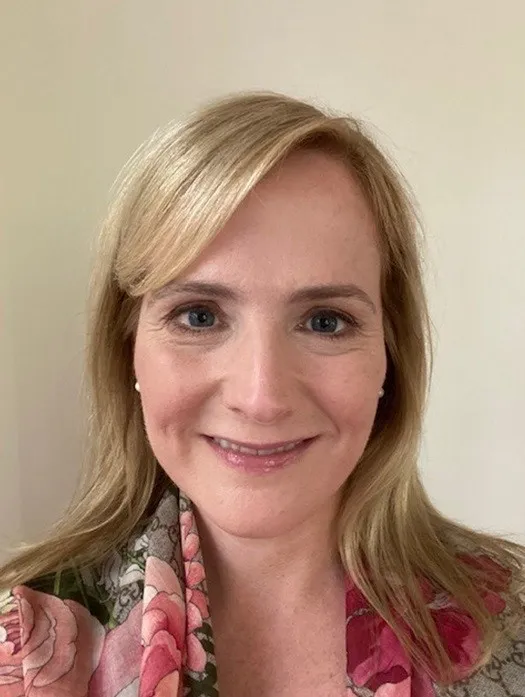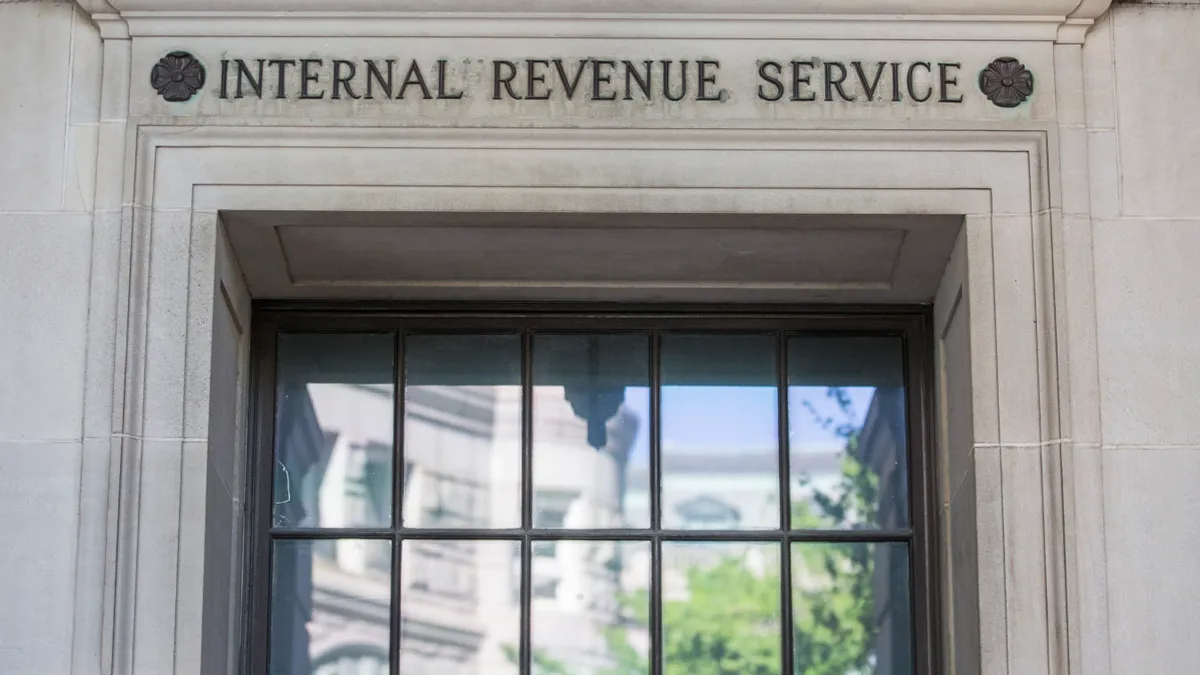The U.S. Internal Revenue Service issued fresh guidance last month to clarify how large companies potentially subject to the new 15% corporate alternative minimum tax — generally those with an average annual financial statement income exceeding $1 billion — should treat certain foreign earnings.
The move stems from concerns that have caused some U.S. companies to defer taking a distribution from a foreign entity they have a stake in for fear that the money could be counted more than once and, in some instances, even tip a firm over the threshold that would make them subject to CAMT.
“For CFOs it’ll release the handcuffs that some companies may have put on themselves with respect to cash management while they were awaiting the guidance on what to do with respect to this,” Colleen O’Neill, a partner at Ernst & Young, said in an interview.

The interim guidance comes as many tax and finance executives are preparing to comply with CAMT for the first time. Signed into law as part of the Inflation Reduction Act, it is effective for tax years beginning after Dec. 31, 2022, meaning that the new directives will assist calendar year taxpayers just ramping up to handle their 2023 financial statements and tax filings.
That’s “in the nick of time,” said O’Neill, leader of EY’s U.S. National Tax Department in its International Tax and Transaction Services, who said the notice is a big piece of the puzzle needed by companies seeking to comply with CAMT — as well as those still aiming to determine if they are subject to the new tax.
Not found in nature
At the core of the uncertainty that led to the guidance were two provisions related to what a taxpaying company must include when calculating the adjusted financial statement income that determines if it must deal with the new tax.
One rule provides that a U.S. entity must include its pro rata share of any controlled foreign corporation’s adjusted income, while the other states that the U.S. entity must include the foreign affiliate’s dividends, O’Neill said. The guidance fix will avoid the double counting of foreign distributions in some cases by treating income from the foreign entity as previously taxed income, she said.
Since its enactment the new tax — originally championed by President Biden to ensure major U.S. corporations pay their fair share and by other Democrats who saw it as a way to pay for the IRA programs to fight climate change and cut health-care costs —has been met with a flood of questions and legal wrangling stemming from “a law written in haste,” according to an Aug. 18 report from The Washington Post.
The interim guidance is just the latest in a slew of directives that the IRS has issued to resolve those questions.
In June, the IRS announced it would waive penalties for companies that failed to pay estimated CAMT for the 2023 tax year and in December 2022, it answered an outcry of concerns about the tax’s implications for mergers and acquisitions. Where a transaction would be wholly tax-free for federal income tax purposes under certain specified corporate or partnership rules, the IRS notice generally provided a deal would also be tax-free for purposes of determining adjusted financial statement income.
As part of its latest announcement, the IRS said it and the Department of Treasury intend to propose regulations addressing how companies should apply CAMT, but that taxpayers may rely on the interim guidance until that time. The CAMT regulations, which had been anticipated late last year, are now expected to arrive as part of a full and large set of proposed regulations this year, O’Neill said.
Meanwhile, CAMT and the adjusted financial statement income threshold that determines whether companies must comply is still puzzling many of the people who must review the current existing guidance and provisions to calculate it.
The so-called AFSI is “neither a pure tax calculation nor just a book calculation...it’s not a number you can find in nature,” O’Neill said. “This tax is a head scratcher because it’s honestly more about the talk track that there are companies that are not paying even though they have book earnings.”





















